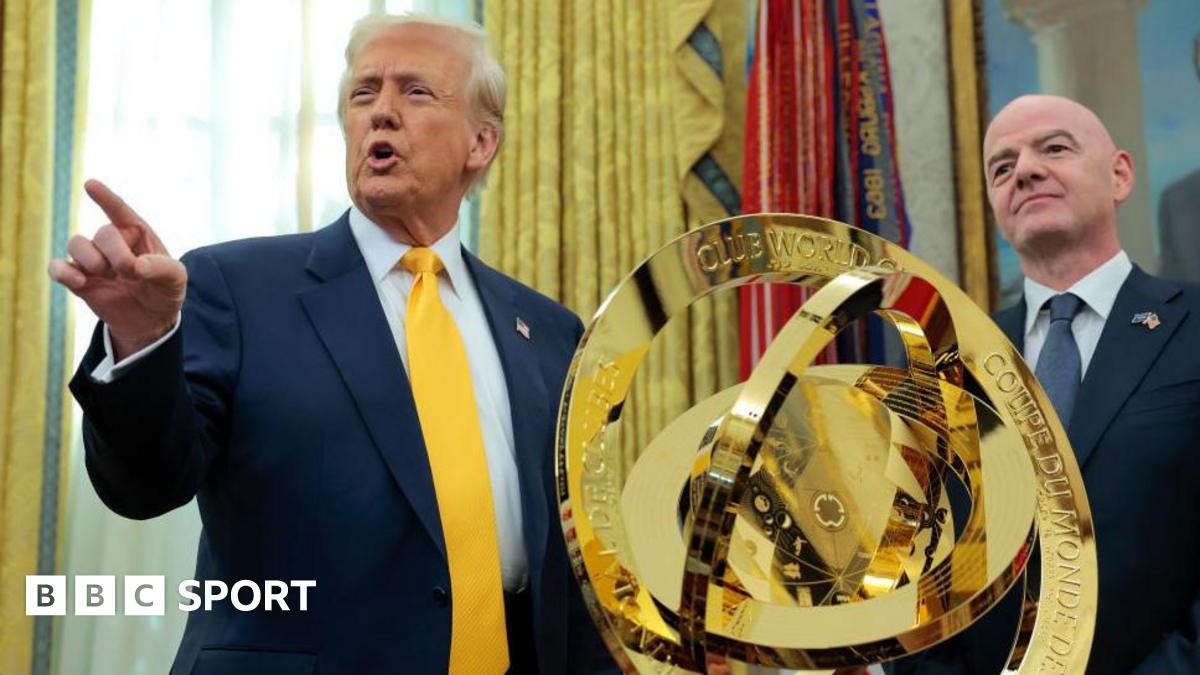As holiday season kicks into gear, a casual glance at gen Z social media might suggest this generation is adopting an expensive lifestyle filled with fine dining and travel. But behind those Phuket photos lies a meticulous spreadsheet.
Rather than aggressively stockpiling for retirement, gen Z is embracing a “soft saving” approach, according to research: prioritizing memorable experiences now while saving extra cash for the future.
A significant number of gen Zers are frequent travelers, averaging three leisure trips a year, according to Morning Consult, despite 60% earning less than $50,000 annually.
How are they fitting travel into their budget? The answer appears to be an unusually focused attitude to how they spend money.
“I don’t want to miss out on opportunities when I am young, but I also don’t want to go into debt,” said Sofia Qistina, 22, who stressed that she prefers to spend more on experience than material items. “Being financially aware is the best thing possible, because then you’re able to see where you can stretch your budget and where you can’t.”

More than other generations, a majority of gen Z splurges intentionally, according to a recent McKinsey report. Many young consumers open dedicated travel or experience funds alongside their retirement savings, and use on loyalty programs such as credit card points to lower trip expenses.
“When I was 20 and younger, I would spend exorbitantly on many luxury things just ’cause I thought they were cool and I was always on a high. But I lost a lot of opportunities and comfort,” said Qistina, who is now studying abroad and working as a freelance social media marketer in Sydney, Australia. “I realized that way of living was toxic and not sustainable. So now, everything is overly calculated and I am very intentional with how I spend my money.”
Andy Reed, a financial behavior expert at Vanguard, said when people spend on experiences, they typically derive more pleasure than when they spend on things. “But it’s also true that gen Zers are also saving more than their predecessors,” he added, noting that “baggage” including a higher cost of living, the Covid-19 recession and student debt has helped shape their financial habits and anxieties.

Qistina, for example, attends parties, eats her way through Sydney, and travels with friends to cities such as Dubai and Paris. She splits her income between a high-yield savings account and a “wants” fund for traveling and social engagements.
Booking her travel is no mean feat: before buying tickets, she said she compares thousands of flights, airlines, locations and dates to ensure she is getting the best value for money.
A new generation of tourists is now prioritizing the value of a trip ahead of its financial cost, according to Heather Leisman, president of EF Ultimate Break, a travel agency for 18-to-35-year-olds. “Gen Z looks at value,” she said. “For them it’s not a price tag.
“Affordability is a concern of theirs, but it’s also how they budget. We are seeing people booking shorter trips than before and they’re deal-seeking, meaning they are traveling in off-peak seasons or to more affordable places like Thailand or Portugal.”
Qistina said: “We don’t realize that the day-to-day things that we do – like always eating out or that coffee from an overpriced cafe – adds up, and that’s why we think we’re not able to do all those big things like traveling.”
Kevin Droniak, 28, does not eat at Michelin-starred restaurants or grab a $7 matcha. He lives in a cramped New York apartment, fitted with just the essentials. He saves both for retirement, and has been doing do since he was 20, but also a day trip to Egypt.
“It’s very fulfilling to land somewhere and experience it, get a taste of it, and then go back home immediately,” he said after a one-night visit to Colombia. “It’s ticking off bucket list items, and it’s a memory I’ll have forever.”
Some of Droniak’s day-trip locations include Iceland, Italy, France and the UK. The trips can range from about $200 to nearly $1,000. He began this “addiction” to balance his responsibilities, such as helping his 95-year-old grandmother, while seeing the world.
“Everyone works so hard and you don’t get that much time off, which can prevent you from being able to travel. But you really don’t need a week off to experience something new,” he said.
Droniak budgets these trips to be less than $1,000, meaning flights should be about $500 and the location should have cheap transport options, like subways or inexpensive taxis. He eats at a “basic local restaurant” to keep the food bill in check.

“I fly back-of-the-plane economy and when I am there I always look for free activities, like going to the beach or hiking,” Droniak said. “It’s good to be financially aware and at the same time I also want to live life while I am young, which means spending money for these trips.”
He deems travel to be a need, rather than a want. “Traveling is my therapy, and I see it as an investment on my mental health,” he said. “These trips get me out of routines that can put me down in the dumps and being in somewhere new gives my brain a serotonin boost.”
But many gen Zers are balancing this serotonin boost with a secure future, too. They are making “some very good financial choices”, said Reed.
Droniak saves at least $20,000 a year for retirement, and Qistina makes sure to put away a significant sum every quarter. Both opened retirement accounts due to financial anxieties and pressure from older family members, who advise them to prepare for the future.
“Gen Zers, in particular, plan to spend rather than spontaneous spending,” Reed said. “As long as you cover the bases like rent and food, you can splurge, which can lead to a lot of experiences with emotional value.”
Qistina sees financial success as financial freedom: the luxury of not living paycheck to paycheck, and having the means to fulfill her whims on a dime. “If I’m able to say, I’m going to Paris in three days because I kind of want a croissant, not comparing flights, and just having that flexibility – that is financial success,” she said. “I truly believe I will get there, too, because I’m pacing myself.”

 4 months ago
76
4 months ago
76








 English (US) ·
English (US) ·